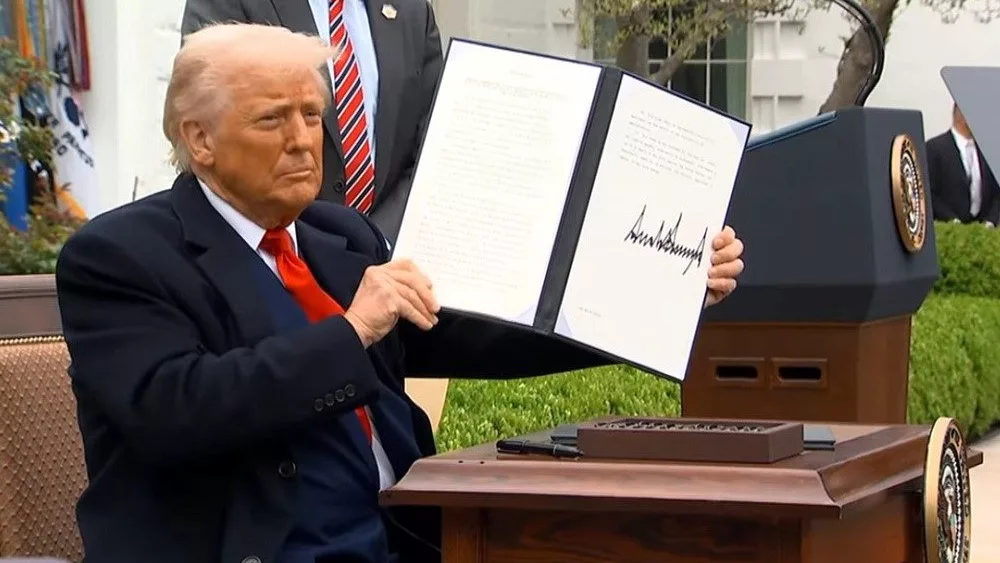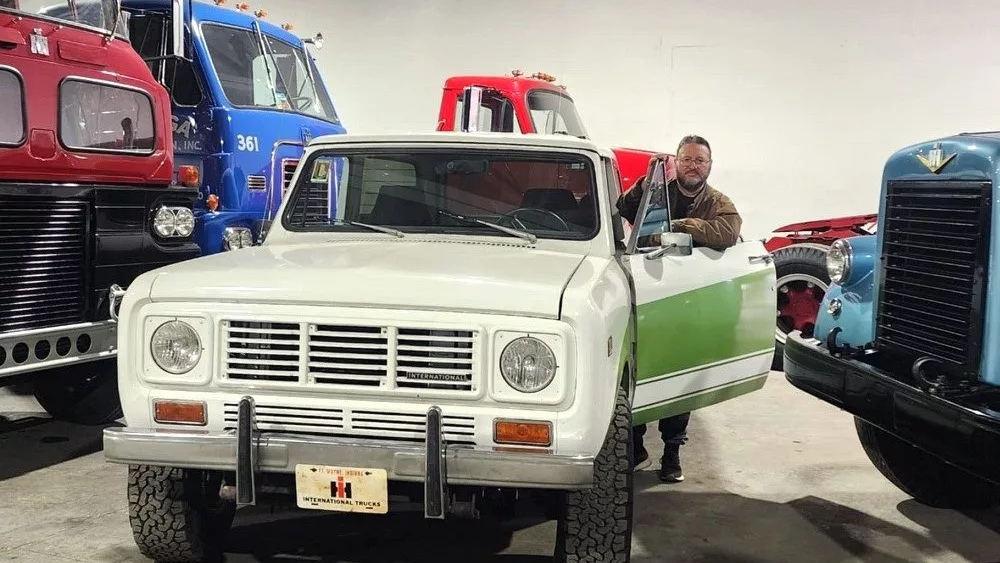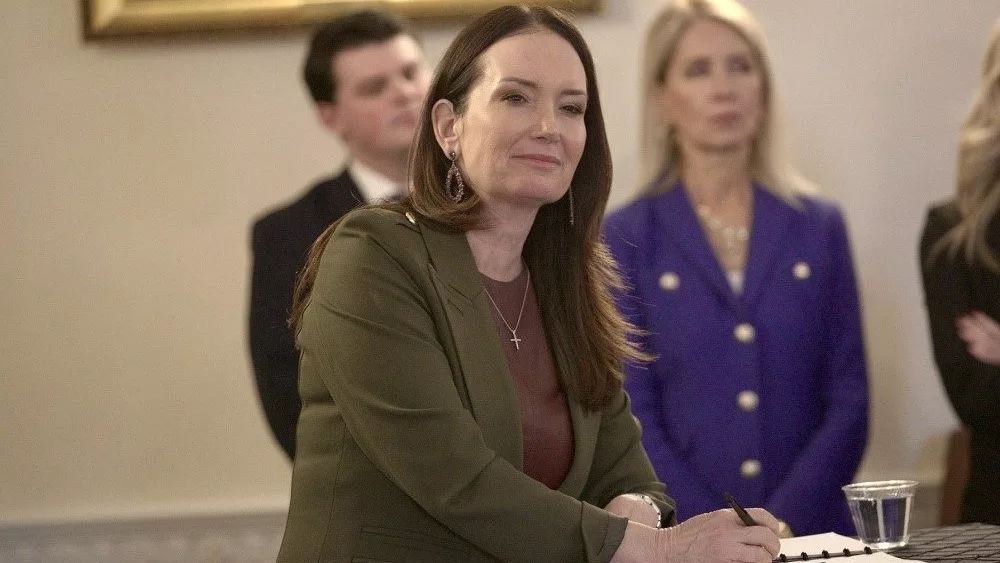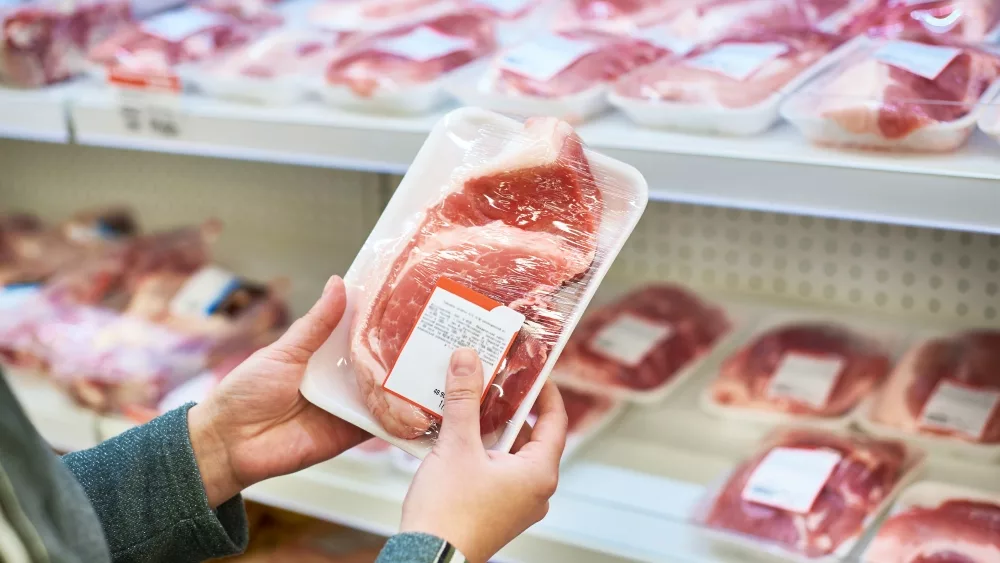
Farming has one of the highest disabling injury rates of any industry. That’s why, for more than 30 years, Purdue Extension has a program available for Indiana farmers who have become disabled to help them get back to doing what they love and providing for their families.
“Our purpose is to help farmers with disabilities stay farming or return to farming,” says Stephen Swain, Assistive Technology Specialist with Indiana AgrAbility (shown above) – which is part of Purdue Extension.

The program first started in 1979 when a farmer with severe disabilities asked Purdue University’s Department of Agricultural and Biological Engineering for help with modifying his tractor and equipment so he could continue farming. That request led to the establishment of the Breaking New Ground (BNG) Resource Center.
In 1990, the national AgrAbility Program was created based on Purdue’s BNG Resource Center. The budget for that national program was set up by Congress in the 1990 Farm Bill and has been budgeted in each farm bill since. Today, the national program is operated by USDA through the National Institute of Food and Agriculture (NIFA), while Indiana’s AgrAbility program is managed by Purdue Extension.
Swain says he and members of his team will travel to someone’s farm after they’ve been seriously injured to put together a plan to modify their equipment to help them continue to farm.
“We sit down at the kitchen table with them and figure out how we can help them overcome those disabilities and limitations – all the way from a spinal cord injury, arthritis, back problems and amputations.”
Swain believes he’s helped nearly 600 Hoosiers over the past 21 years not only get back to work, but regain a sense of purpose after going through a horrific farm accident or a serious medical issue.
“I got a list 10 miles long of farmers where their mental state is, ‘I’m done’ or, ‘There’s no way I can continue,” says Swain. “I will sit down with them – even in a rehab hospital – and we start looking at things in the toolbox, such as a lift. They see that, and you see the light switch go on to where it isn’t me providing the ideas. They are figuring it out and thinking, ‘I can do this and continue to farm.’”
Swain says he’s also known of many disabled farmers who became inspired by AgrAbility and the resources available by the organization to build their own tools needed to continue to working on their farms.
“Well, I had one farmer that had an arm amputation,” says Swain. “He saw our display at the Indiana State Fair, but never talked to us. He saw the ways he could go ahead and farm. Two or three years later, the Purdue Farm Management Tour stopped at his place and he asked us to do our display there. We were trying to figure out our connection. That’s when we found out he used our resources and wanted others to get that information. I don’t know how many of those we have inspired, but that I know that happens.”
For more information about AgrAbility and how they help farmers with disabilities adapt to their farm operations, visit AgrAbility.org.
Click BELOW to hear C.J. Miller’s news report and interview with Stephen Swain from AgrAbility as he discusses how his organization helps disabled Hoosiers regain their independence on their farms.




